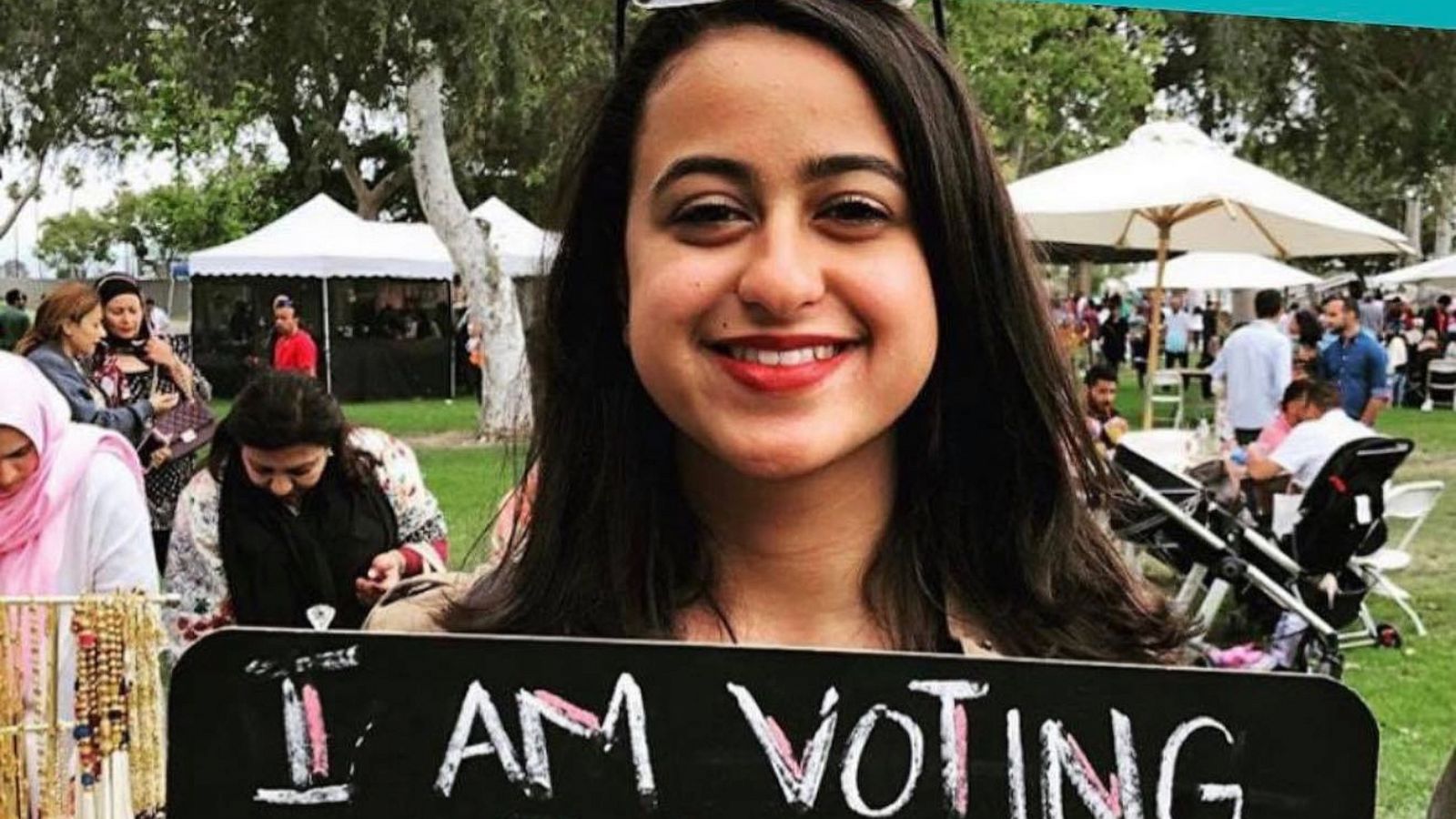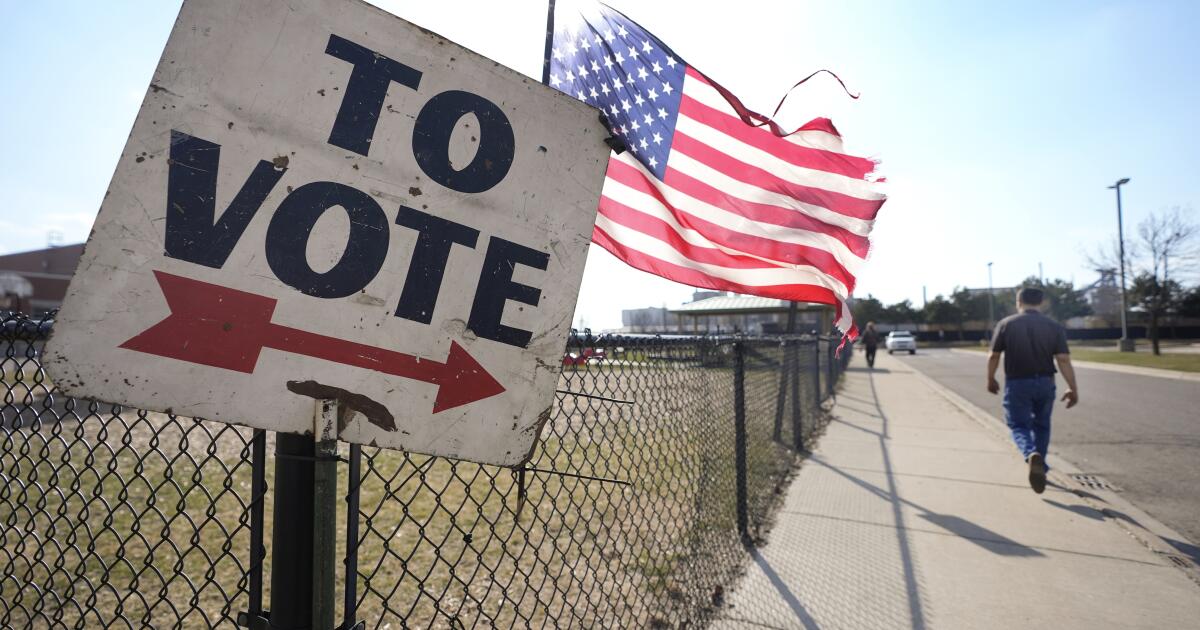Generations of immigrants to the United States prioritized survival and stability over political engagement upon their arrival, focusing on jobs, language acquisition, and community integration to secure a better future for their descendants.
Recently, in Michigan, the legacy of this sacrifice and aspiration manifested as Arab American voters leveraged their electoral power to convey dissatisfaction with President Biden’s approach to the Israel-Hamas conflict. Their grassroots movement saw hundreds of thousands of voters marking “uncommitted” on primary ballots, exceeding expectations by tenfold and potentially influencing U.S. policy.
The significance of this voter turnout lies in the historical context of Arab American immigration, where individuals fled oppressive regimes and sought refuge from conflict and persecution in their home countries.
The promise of free and fair elections in the U.S. contrasts starkly with the political landscapes they left behind, characterized by entrenched power structures and limited avenues for genuine political expression. Despite facing challenges in their new homeland, the beacon of American democracy continues to shine brightly for immigrants and their descendants.

Arab American Voters: Making Voices Heard in Michigan (Credits: ABC News)
The electoral impact of the Arab American community’s protest vote resonated particularly in areas like Dearborn and Hamtramck, where their population forms a substantial portion of the electorate.
Mayor Abdullah Hammoud, himself the son of Lebanese immigrants, celebrated the outcome as a triumph not just for Arab Americans but for all Americans, underscoring the broader significance of their political engagement.
The attention garnered by the Arab American voting bloc in Michigan has sparked discussions about its potential replication in other swing states, where marginal shifts in voter sentiment can sway national elections.
Considering the narrow margins of victory in previous elections, particularly in states like Georgia, the collective influence of communities like Arab and Muslim Americans becomes increasingly significant in shaping political outcomes.
While traditionally aligned with the Democratic Party, Arab and Muslim American voters are grappling with their stance in light of perceived shortcomings in the party’s foreign policy, particularly regarding the Israel-Hamas conflict. Despite reservations about President Biden’s unwavering support for Israel, many remain wary of alternatives, recognizing the complexities of electoral choices in a polarized political landscape.
The Michigan primary serves as a potent reminder of the power of civic engagement and the transformative potential of democratic participation. In a world where authoritarian regimes and violent conflicts often suppress individual voices, the act of voting represents a tangible expression of agency and hope for a better future.
As the nation grapples with pressing domestic and international issues, the lessons learned from Michigan underscore the enduring relevance of democracy as a means to effect meaningful change and uphold fundamental values of justice and equality.























